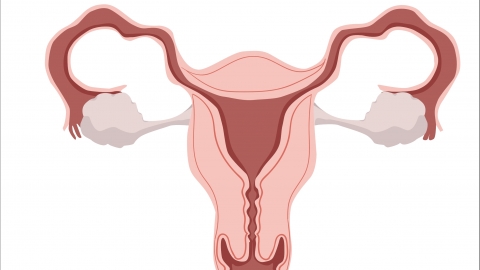How long can one live after chemotherapy for uterine cancer?
In general, there is no definitive answer to how long a patient can live after chemotherapy for uterine cancer. The prognosis primarily depends on the pathological type and stage of the cancer, the patient's overall health condition, and the treatment response. Survival periods vary significantly among individuals and cannot be generalized. A detailed analysis is as follows:

For early-stage uterine cancer, where cancer cells have not spread, chemotherapy is often used as an adjuvant therapy after surgery to eliminate any remaining cancer cells. In such cases, the 5-year survival rate is relatively high, and some patients may even achieve long-term survival. However, for advanced-stage uterine cancer, where cancer cells have spread beyond the uterus to other organs, chemotherapy is mainly aimed at controlling tumor progression and alleviating symptoms. The survival period in these cases is significantly shorter, ranging from several months to a few years.
Endometrial carcinoma, the most common type of uterine cancer, tends to be less aggressive. Patients with this type generally have a longer survival period after chemotherapy compared to those with highly malignant uterine sarcomas. Additionally, factors such as the patient’s age, presence of underlying medical conditions (e.g., diabetes, heart disease), and sensitivity to chemotherapy also influence survival duration. Patients in better overall health who respond well to chemotherapy typically have a longer survival period.
Moreover, for patients with early-stage endometrial cancer who receive standardized treatment, the 5-year survival rate can exceed 80%. In contrast, for those with advanced or recurrent disease, the 5-year survival rate drops below 30%. Nevertheless, with ongoing advancements in chemotherapy drugs and treatment strategies, survival times for some patients with advanced disease are gradually improving.
Therefore, it is impossible to simply predict how long a patient will live after chemotherapy for uterine cancer. After diagnosis, patients should communicate thoroughly with their treating physicians to understand the stage of their disease and available treatment options. Actively participating in treatment, maintaining a positive mindset, and adopting healthy lifestyle habits are essential for improving treatment outcomes and extending survival.




